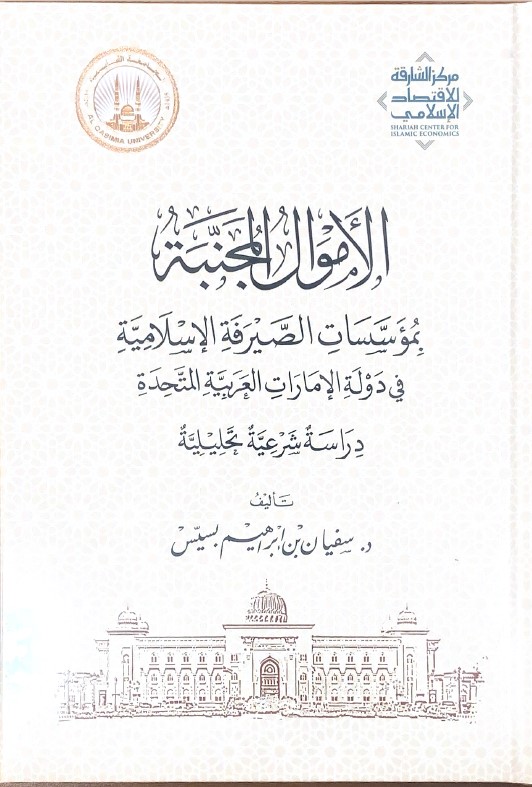PROVISIONED FUNDS IN ISLAMIC BANKING INSTITUTIONS IN THE UNITEDARAB EMIRATES (UAE): AN ANALYTICAL SHARI'A STUDY
Abstract
This research presents an applied and theoretical study on the management of provisioned funds in Islamic banking institutions in the United Arab Emirates (UAE). It addresses key issues related to the sources, identification, management, and disbursement of these funds, with a focus on compliance with Shariah principles. The study includes qualitative data gathered from interviews with senior employees of selected Islamic banks, aiming to understand how provisioned funds are collected, processed, and ultimately utilized, as well as the level of adherence to Shariah governance. The research highlights disparities among institutions in how they manage and disburse provisioned funds, underlining the significant role of Shariah governance in ensuring proper oversight and enhancing compliance. A key component of the study is the examination of the feasibility of establishing a Waqf (Islamic endowment) using provisioned funds. Findings indicate that such an initiative is possible under certain conditions and could serve as a sustainable, Shariah-compliant means of utilizing excess funds. The study draws on existing literature and institutional documents to support its findings and proposes ideas for implementing a Waqf structure. Ultimately, the research offers practical recommendations to Islamic banking institutions on how to minimize the accumulation of provisioned funds and urges stronger commitment to Shariah governance standards. By improving discipline and transparency, these institutions can enhance their compliance and contribute more effectively to the broader goals of Islamic finance.
Downloads

